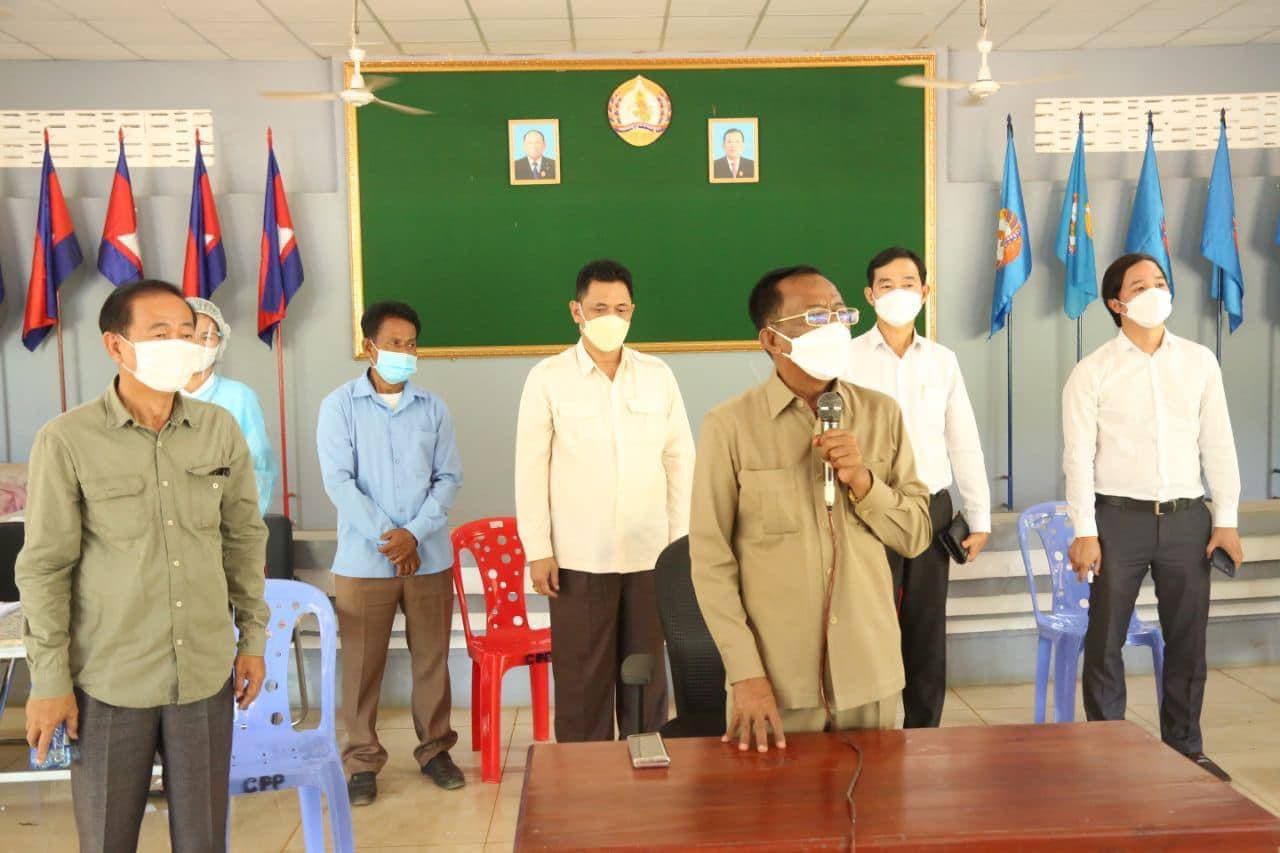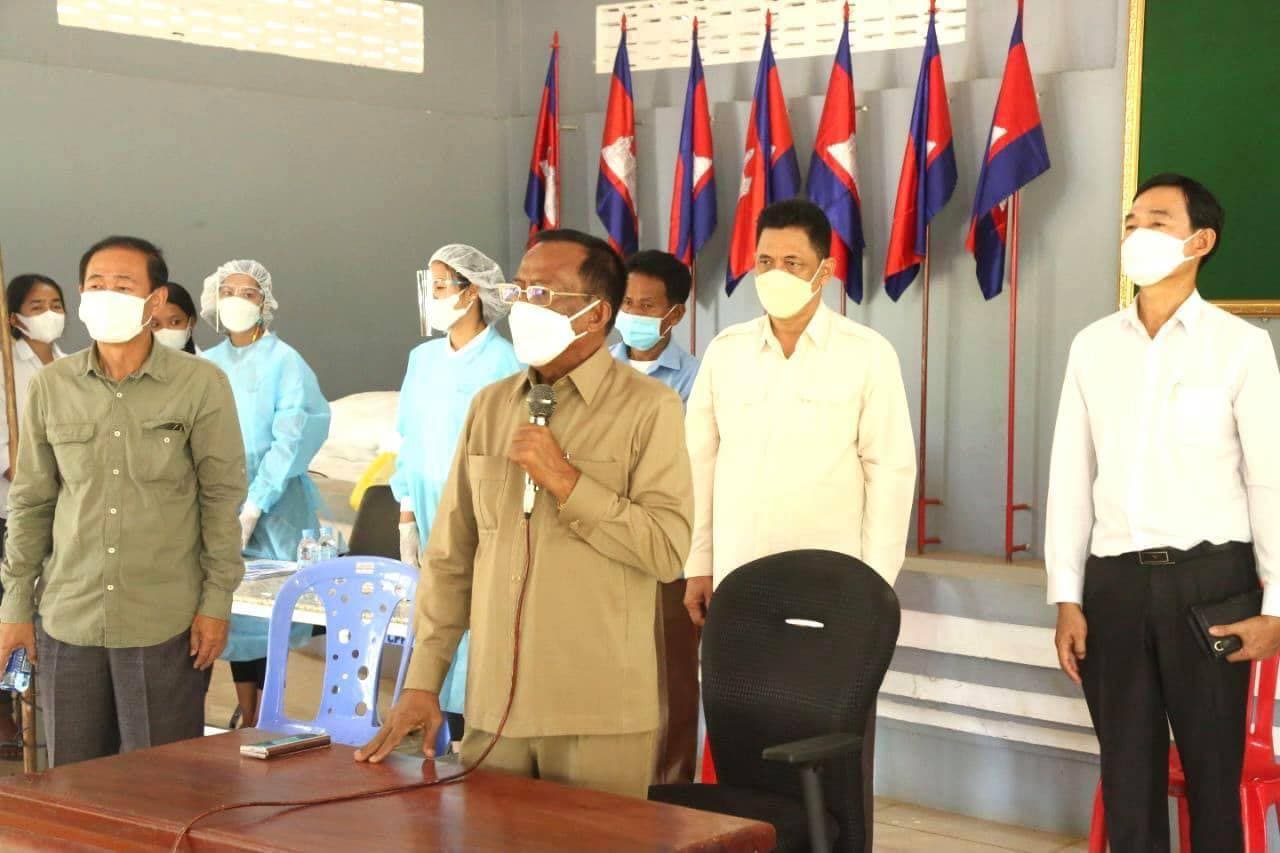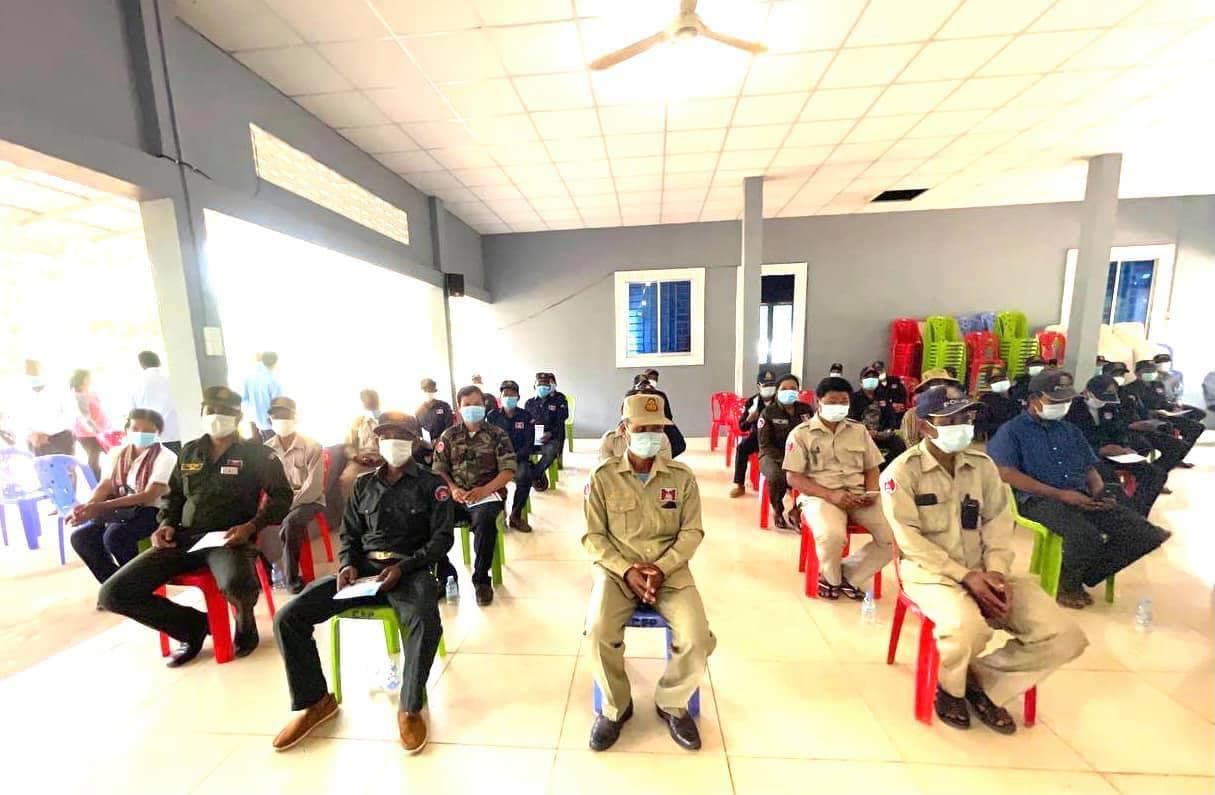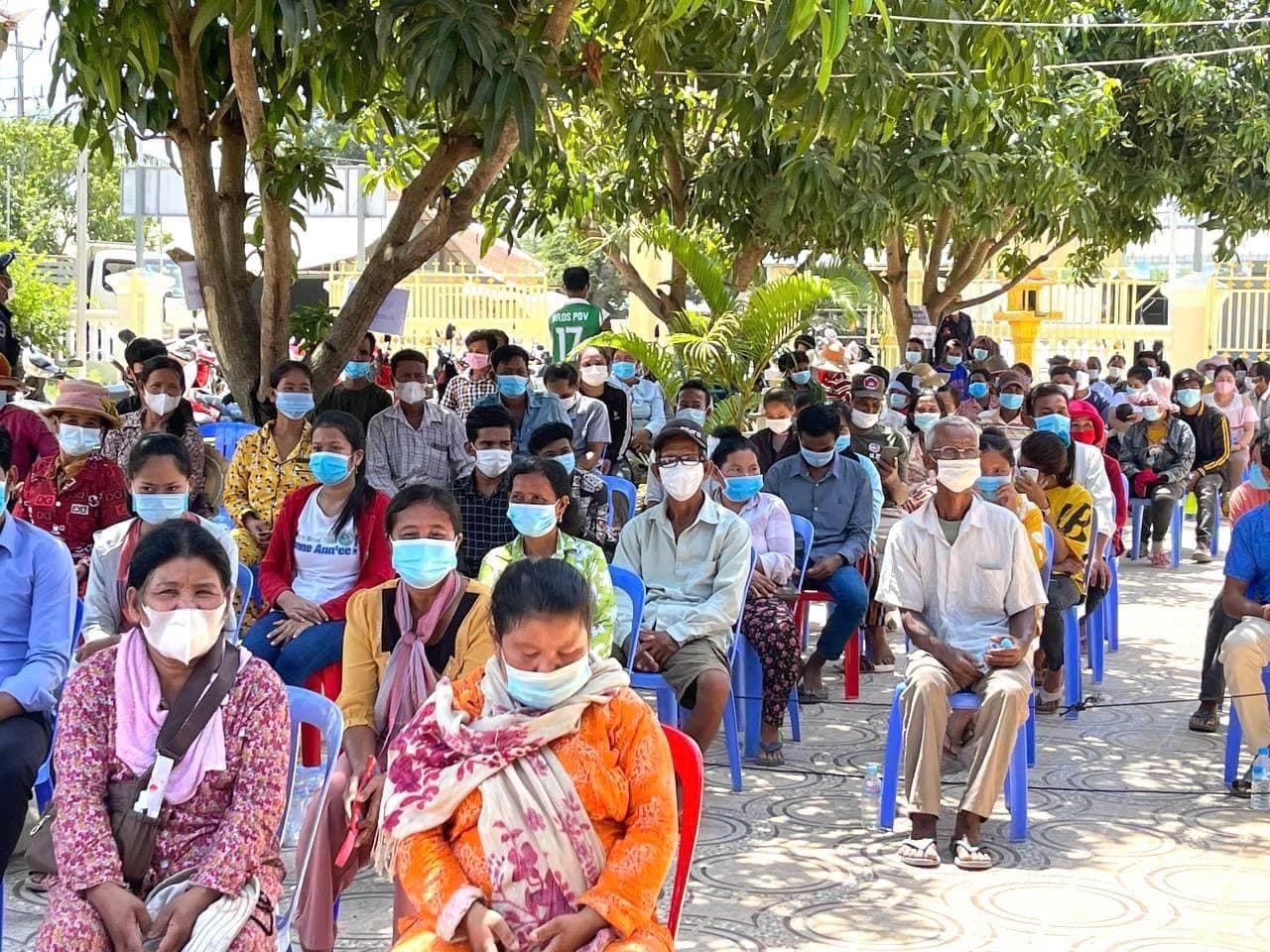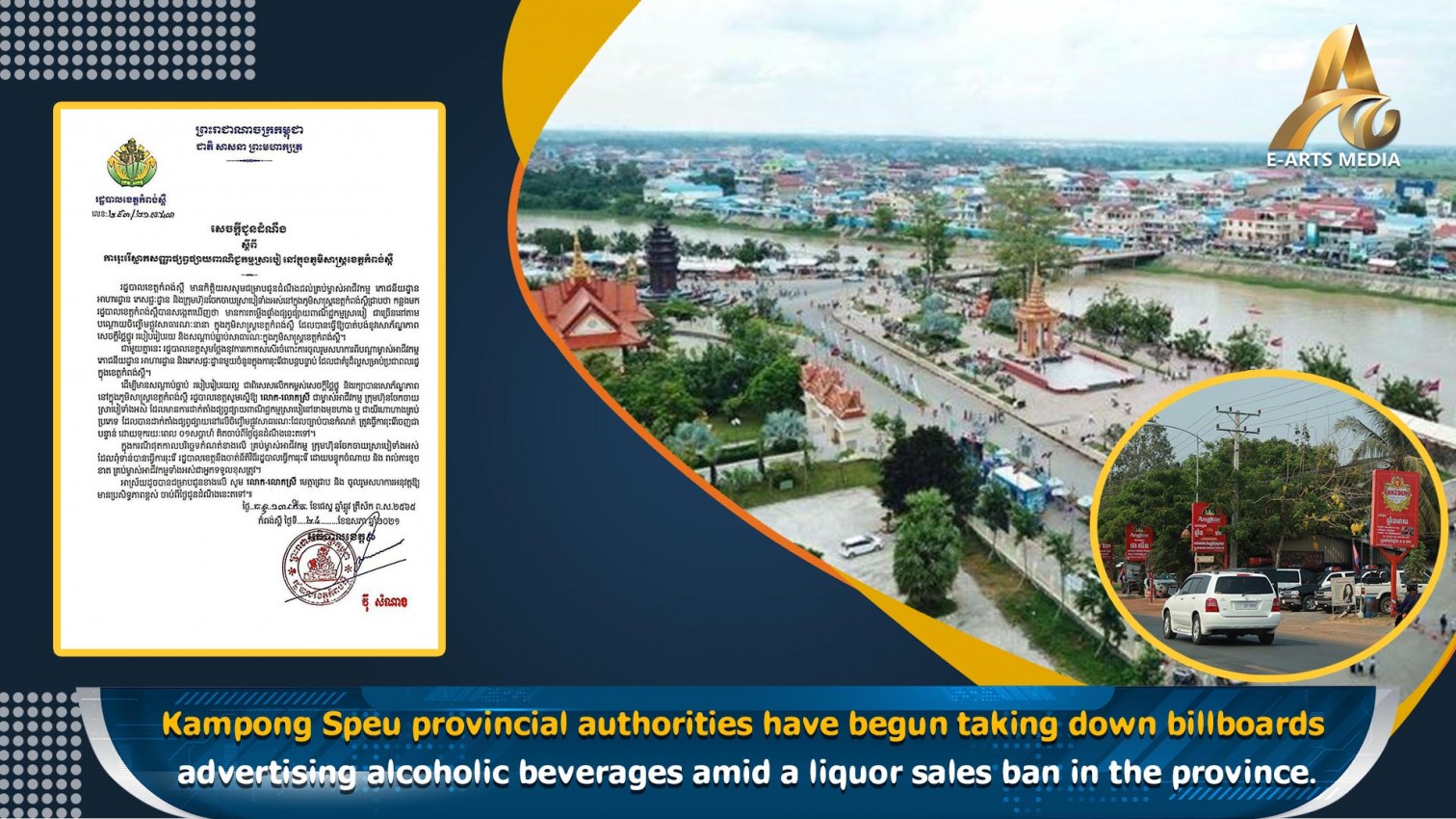Banteay Meanchey: Two days before the end of the border closure, provinces bordering Thailand are preparing for a massive influx of returning migrant workers. Banteay Meanchey has added more quarantine facilities for workers stranded on the Thai side of the border. At the same time, Tbong Khmum and Prey Veng’s quarantine centres have been inspected to ensure there’s enough equipment and capacity.
Banteay Meanchey Governor Oum Reatrey has announced that the province has added two more locations as quarantine centres for returning migrant workers. This is in preparation for when border closures are due to end at midnight on Thursday. The governor says the two new quarantine facilities can accommodate around 3,000 people each. Banteay Meanchey currently has 20 quarantine facilities and 15 treatment centres for Covid-19 patients.
Meanwhile, the Minister of Social Affairs, Veterans and Youth Rehabilitation, Vong Sauth, has carried out an inspection of quarantine centres in Prey Veng and Tbong Khmum. The two provinces continue to receive a large number of migrant workers. Prime Minister Hun Sen announced last week that returning migrant workers will need to quarantine for at least seven days at the border before being allowed to continue quarantine in their home provinces. Any migrant workers testing positive for Covid-19 will need to remain at the border, except those with only mild cases, who will be allowed to receive home-treatment.
The transportation of all migrant workers – whether for quarantine in their home provinces or treatment at their own places of residence – will be handled by the military.
